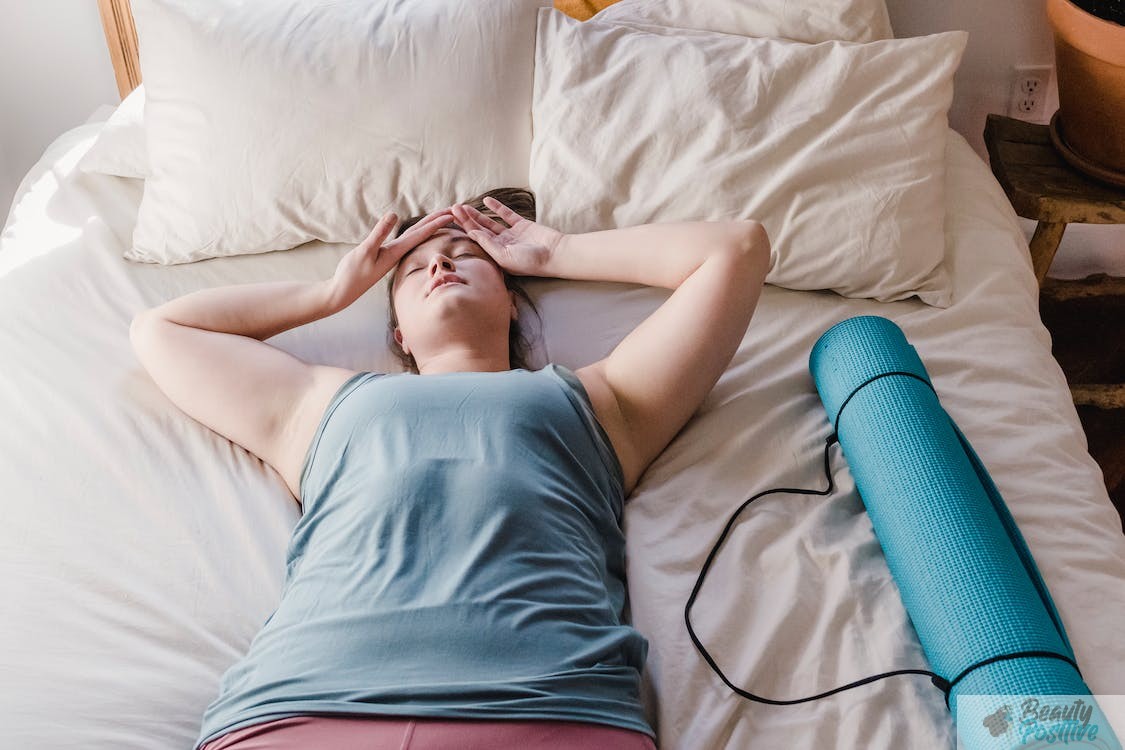There are many nutraceuticals with evidence that reinforces their use for both relaxation and sleep support. Here is a summary of the clinical data and mechanisms for how they work to promote either sleep or relaxation. So what supplements for sleep and relaxation support to buy.

GABA (Gamma Aminobutyric Acid)
The balance of Gamma-Aminobutyric Acid (GABA) and Glutamate, two neurotransmitters in the central nervous system plays an important role in cortical excitability. A proper balance of inhibition and excitation is needed for cognitive processes, memory, balanced mood, and healthy sleep.
GABA is the main inhibitory neurotransmitter and Glutamate is the main excitatory neurotransmitter. It has been shown that lower GABA concentrations are associated with a higher state of anxiety, depressive disorder and poor sleep quality. GABA helps to reduce the anxiety or fear provoking stimuli. Often sedatives stimulate or bind to GABA receptors which reinforce how important GABA is for sleep. Read also how L-Carnitine supplementation can help to reduce waistline.

Those individuals with ADHD (attention deficit hyperactivity disorder) have been shown to have significantly lower GABA levels in the area of the brain called the anterior cingulated cortex.
This area of the brain is associated with impulse control, decision making and emotion. Actually impulsivity measures are negatively related to GABA levels, in other words those individuals with lower GABA levels tend to be more impulsive. In children with ADHD, Glutamate levels have been shown to be twice as high which tips the balance more towards the excitatory state.
Supplementing GABA has been shown to significantly increase human alpha wave patterns which are accompanied by a reduction in anxiety levels. Alpha waves usually occur during the state of wakeful relaxation and are seen during activities like meditation.

L-Theanine as supplements for sleep and relaxation
Not only does Green Tea contain large amounts of antioxidants particularly EGCG (epigallocatechin gallate), it also contains high amounts of the amino acid L-Theanine. L-Theanine has been widely studied and used in Japan and has been observed in clinical studies to reduce stress and promote relaxation through a variety of possible mechanisms.
Like GABA, L-Theanine is supplement for sleep and relaxation support because it has been shown in studies to increase alpha wave activity in the brain. Additionally L-Theanine may also increase serotonin, GABA and dopamine levels in the brain. L-Theanine is considered to be neuroprotective since it has an antagonistic effect on Glutamate subtype AMPA receptors and increases Glutathione and other antioxidant enzymes like Superoxide Dismutase (SOD) and Catalase.

In Clinical studies, L-Theanine has been proven to have a relaxing effect and reduces anxiety, heart rate and blood pressure in stressful events and during tasks that are mentally challenging. L-Theanine has also been shown to reduce the “fight or flight” response during certain academic challenges.
It has been shown to significantly reduce the symptoms of emotional distress, such as crying, mood swings, anger and irritability, seen in premenstrual syndrome at a dosage of 200 mg per day. Children with ADHD, have shown improvement in sleep quality when supplementing with L-Theanine and is considered to be safe at doses of up to 200 mg twice a day.

5-Hydroxytryptophan (5HTP)
This amino acid is produced in the body from Tryptophan, an essential amino acid. 5-HTP is a precursor to serotonin which converts to Melatonin, so they are considered to be supplements for sleep and relaxation support. In children 5-HTP has been used to significantly reduce the occurrence of night terrors and in adults with normal healthy sleep, 5-HTP has been associated with the increased rapid eye movement part of sleep.
But in cases of acute anxiety, 5-HTP has been shown to significantly reduce the panic challenge reaction in individuals with panic disorder. In individuals actually diagnosed with anxiety disorder, 5-HTP has been shown to provide a moderate reduction of symptoms as measured by the SCL-90 (90 item symptoms checklist) and the State Scale of the Speilberger State-Trait Anxiety Inventory. Magnesium intake can also help you to sleep better.
